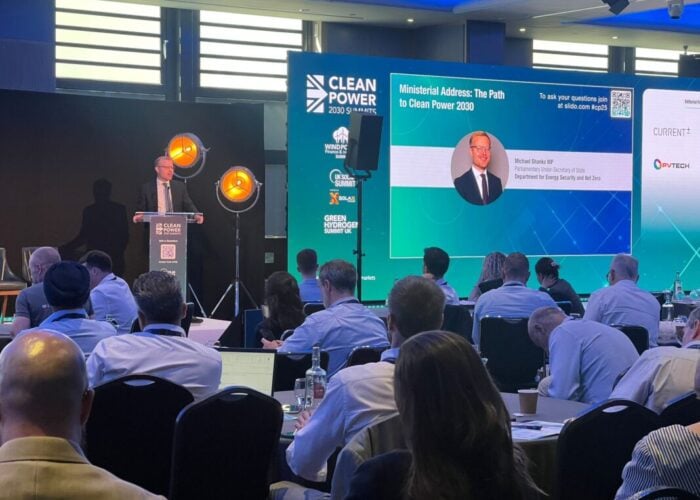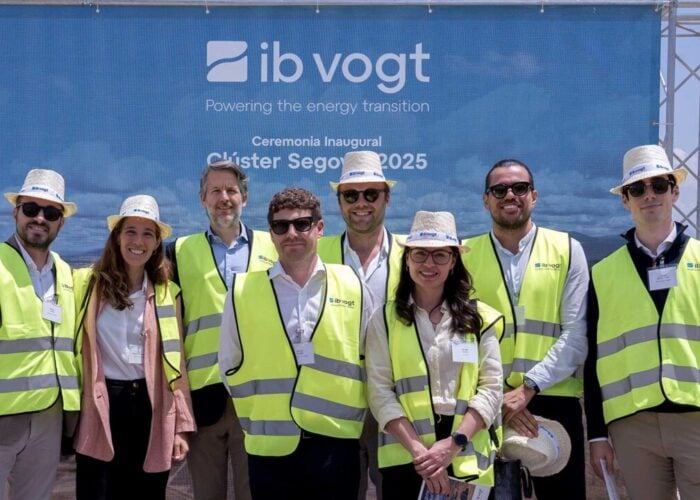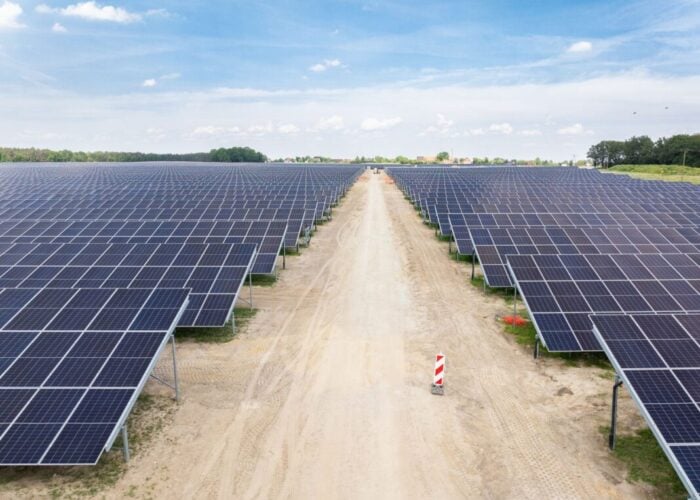Nine of Europe’s biggest energy companies have called for reforms to Europe’s energy system that would see subsidies for established renewable forms such as solar scaled back.
Presenting proposals to the European Parliament earlier this week, the companies, led by the chief executives of GDF Suez and Italian oil multinational, Eni, said the most mature renewable energy technologies should compete in the regular energy market.
Unlock unlimited access for 12 whole months of distinctive global analysis
Photovoltaics International is now included.
- Regular insight and analysis of the industry’s biggest developments
- In-depth interviews with the industry’s leading figures
- Unlimited digital access to the PV Tech Power journal catalogue
- Unlimited digital access to the Photovoltaics International journal catalogue
- Access to more than 1,000 technical papers
- Discounts on Solar Media’s portfolio of events, in-person and virtual
In a hearing attended by European energy commissioner Günther Oettinger earlier this week, they argued that the lack of “clear” European energy policy was preventing much needed investment in new energy capacity.
This was leading to a situation where energy security was no longer guaranteed and energy bills were rising “sharply”, the group said.
To prevent further bill increases, the group said subsidies for renewables should be “adjusted” to reflect market conditions, though in comments reported by the Financial Times ahead of the hearing, GDF Suez chief executive Gérard Mestrallet put it more bluntly.
“We have to reduce the speed at which Europe is building new wind farms and solar panels. At the moment, it is not sustainable,” Mestrallet was quoted as saying.
The group’s proposals said the more mature renewable energy forms should be integrated into the “regular market process”, where they would compete with longer established forms of energy generation.
The group argued that public support for renewable energy should be limited to the least mature technologies and be restricted to R&D rather than the production of energy, as is the case under current subsidy regimes such as feed-in tariffs.
Mestrallet told the Financial Times that immature renewable energy technologies such as wave and tidal power should be the focus of any continuing public support.
Mestrallet and Eni chief executive Paolo Scaroni presented the proposals on behalf of a coalition of companies that also included Enel, E.On, Gas Natural Fenosa, Gas Terra, Iberdrola, RWE and Vattenfall.
The group also called for the EU to set an “ambitious but realistic” carbon reduction target for 2030 alongside an expanded European emissions trading market.
The squeeze on renewable subsidies demanded by the group is already happening in many parts of Europe, with Spain, the Czech Republic and Romania among countries that have introduced controversial measures to cut support for solar.







